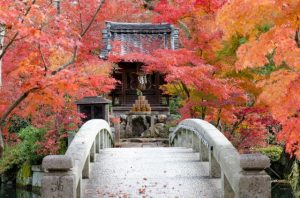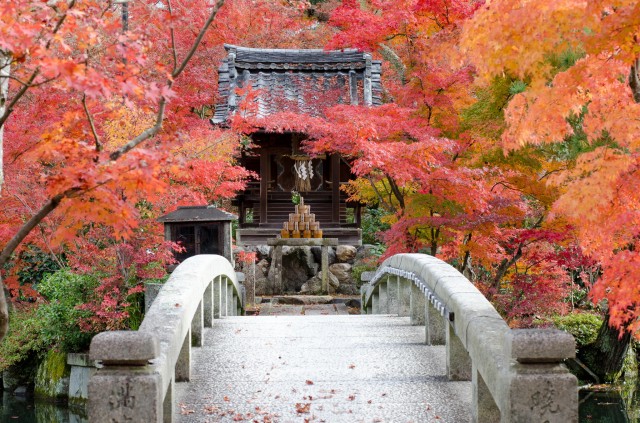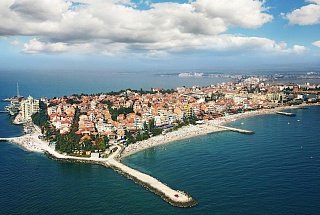Interesting facts about Japan
 Japan is one of the most original and unusual countries in Asia with a very distinctive culture and traditions.
Japan is one of the most original and unusual countries in Asia with a very distinctive culture and traditions.
Here are some interesting facts about this amazing country:
1. Japanese usually call their country Nihon Koku, Nippon Koku, Nihon or Nippon. All these names are translated as “sources of the sun” or as we all know the “land of the rising sun.”
2. The islands of Japan are in fact the surface of the huge submarine ridges in the Pacific Ocean, and that is why more than 80% of the Japanese landscape are rocky mountains and hills.
3. In Japan, there are at least two hundred volcanoes, because of which, according to statistics, about three small earthquakes occur daily in the country. The last catastrophic earthquake occurred in the Kanto region in 1923, which led to the destruction of Tokyo and Yokohama and the death of more than 120 thousand people. Another fact: in Japan is 10% of all active volcanoes in the world.
4. And now about the way of life. In Japanese villages, there is no tradition of sending out invitations to weddings, funerals, and other events, as they are social events in which the entire community participates. All village women cook, and the whole village either grieves over the man’s departure or congratulates the newlyweds.
5. When the Japanese are 60 years old, it is believed that he is entering the stage of old age. On this occasion, a special ceremony. After that, a sixty-year-old man puts on a special red kimono, meaning that he has left the pore of maturity and entered into a wilting time.
6. Have you ever wondered why the Japanese traditionally take off their shoes before entering a house or another building? The fact is that usually the floors are covered with straw mats, which are called tatami. To keep them always clean, it’s simply unacceptable to walk in shoes.
7. Blowing people in Japan is considered offensive. In addition, the open expression of their emotions in public is considered indecent. That is why the majority of Japanese people look impassive and completely non-emotional in their behavior.
8. Showing respect for others is undoubtedly a sign of good manners. In addition, the Japanese demonstrate extreme respect for the personal property of others. For example, if you are visiting, your coat will be neatly hung, and when you leave, it is possible that your shoes will also be cleaned.
9. When you eat in Japan, forget about what your parents taught you, especially that you shouldn’t chomp and sip loudly at the table. For example, the Japanese have to eat soup with just such sounds. If you do not, then the owner may be offended, thinking that you did not like his treats.
10. And the last thing: be very careful with chopsticks, or rather, how you hold them. Never direct or hold them vertically to your bowl of rice or other foods. According to the old well-established Japanese custom, food, especially rice, is left to the dead. It is believed that this is a very bad omen.




